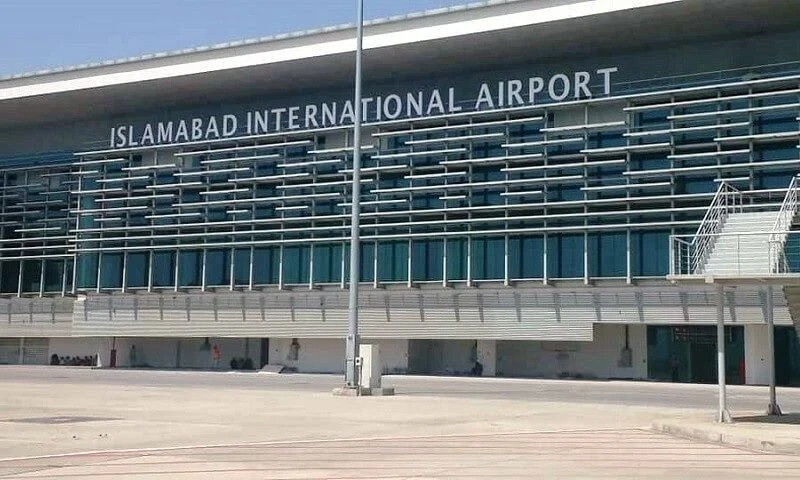
UAE Secures Islamabad Airport Operations: Future Prospects
The Strategic Move by the UAE
In a landmark decision, the government of Pakistan has approved the United Arab Emirates (UAE) to manage and operate Islamabad International Airport. This move is seen as a strategic attempt by Pakistan to enhance its airport management and operational efficiency through international partnerships. The UAE, known for its world-class airport management, particularly in Dubai and Abu Dhabi, is expected to bring advanced operational strategies to Pakistan’s aviation sector.
Background and Context
Islamabad International Airport, one of Pakistan's major air travel hubs, has been facing various challenges, including infrastructure limitations and operational inefficiencies. The recent decision to allow the UAE to take control aims to modernize airport facilities and improve service quality. This initiative fits within Pakistan's broader strategy to attract foreign investment and bolster economic development.
Expected Impact on Airport Operations
Enhanced Efficiency and Management: The UAE's advanced methodologies in airport management are expected to streamline operations at Islamabad Airport. This includes improved customer service, efficient passenger processing, and enhanced logistical operations. The UAE’s airport management expertise is globally recognized, and its models are often emulated by other countries aiming to enhance their airport operations.
Infrastructure Upgrades: Part of the UAE's plan involves significant investment in infrastructure upgrades. This includes modernizing terminals, improving runway design, and implementing state-of-the-art technology for security and operations. Such upgrades are poised to elevate the passenger experience and make Islamabad Airport a competitive player in the regional aviation market.
Broader Economic Implications
Strengthening Bilateral Relations: This strategic partnership is likely to further cement economic and political ties between Pakistan and the UAE. It serves as a testament to the strengthening of bilateral relations with economic and infrastructure projects continuing to form a core focus.
Job Creation and Economic Growth: The agreement is expected to create numerous job opportunities in Pakistan, both in terms of airport operations and peripheral services. The influx of investment is likely to stimulate local economies, promoting economic growth and stability within the region.
Reaction from Stakeholders
The announcement has garnered mixed reactions from various stakeholders. Some industry experts view the decision as a positive step towards modernization and global integration. However, there are concerns about national control and the long-term implications for Pakistan’s sovereignty over its key infrastructures.
Public Opinion: Reactions from the general public are varied, with some expressing optimism over improved services and infrastructure, while others are cautious about foreign control over national assets.
Future Challenges
Maintaining Security Protocols: With an international entity managing crucial national infrastructure, maintaining robust security measures is imperative. Coordinating between UAE management and Pakistan's security protocols will be a complex task.
Ensuring Transparent Operations: Pakistan must ensure that this partnership remains transparent with clearly defined roles and responsibilities. Monitoring and regulating the management contract are vital to safeguard Pakistan's interests.
Conclusion
The UAE takeover of Islamabad Airport operations is poised to transform Pakistan’s aviation landscape. With improved management and a significant boost in infrastructure, the airport is likely to see enhanced efficiency and increased passenger satisfaction. However, the success of this initiative will depend on the seamless integration of UAE's expertise with Pakistan's needs, ensuring security, and safeguarding national interests. This partnership potentially marks the beginning of a new chapter in Pakistan's approach to foreign investment in critical infrastructure sectors.



